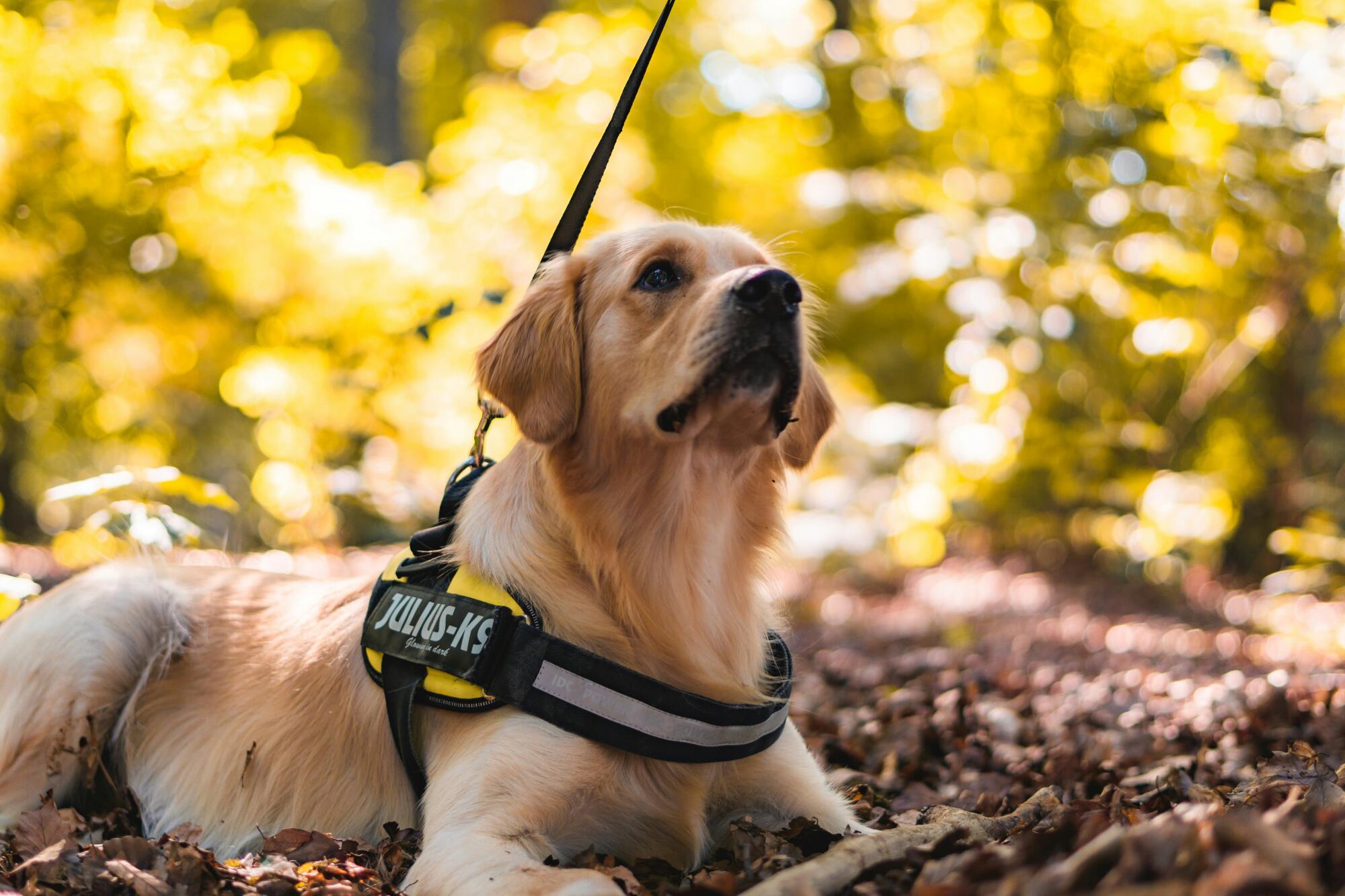As a Duluth, Minnesota, landlord, you have ultimate control over how you manage your investment property. The decision to allow pets into your rental unit is one of these considerations.
Yet, when it comes to assistance animals, you don't have a choice. In the USA, service and support animals are considered assistance animals in that they help people navigate life more effectively.
Read on to find out more about assistance animals and how they can impact you as a landlord.
What Are Service Animals?
The Americans with Disabilities Act defines service animals as dogs or miniature horses trained to perform specific tasks for their owners. They are classified as working animals and not pets, and they may access all areas open to the public.
Some of the duties performed by these animals include the following:
- Guiding those with vision disabilities
- Helping wheelchair-bound people get around
- Assisting deaf people with recognizing sounds, e.g., a doorbell
Landlords cannot discriminate against prospective tenants who wish to occupy their rental unit with a service animal.
How Are Support Animals Different?
Support animals are slightly different in that they are trained to provide support to people with mental, emotional, or psychological problems. They are therapy animals that might offer comfort to those with phobias, offer companionship, or help people manage depression and anxiety.
The benefits of support animals for these people are widely documented and accepted as substantial enough to warrant privileges for their owners. Under Minnesota law, landlords must make reasonable accommodations for tenants with emotional support animals.
This means you must waive your no-pet policy and your pet deposit when you accept a tenant with a support animal.
Where Do Pets Fit In?
There's no doubt that pets can play a role in their owner's happiness, but they don't qualify as assistance animals. For starters, pets come in all shapes and sizes, from goldfish to horses.
Most landlords don't have an issue accommodating smaller pets, but many impose restrictions on cats and dogs. These pets can cause problems for landlords as they may damage their property and cause a disturbance to the neighbors.
Allowing pets in your rental unit does have benefits too. You increase your pool of potential tenants when you allow pets, and you can charge higher rents.
Most pet owners make good tenants too. They keep their animals under control and often renew their leases.
Tenant screening, pet deposits, and property inspections help alleviate the risks of allowing pets in your rental unit.
Hire a Property Manager
Service and support animals are classified as assistance animals who contribute to the well-being of their owners. Across the U.S., landlords must make provisions for assistance animals in their rental properties.
While landlords may choose to allow pets in their rental units, they must keep the pros and cons associated with these animals in mind when they decide. A property manager, like PMI Lakeshore, can help reduce the risks associated with pets in your rental unit.
We can help you navigate the intricacies of allowing pets and provide support animal guidelines for your rental units. Our services include tenant screening and property inspections.
Let us help you make the most of allowing animals in your Duluth investment properties.


